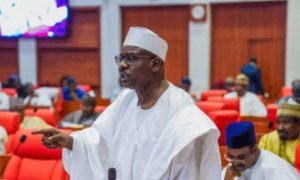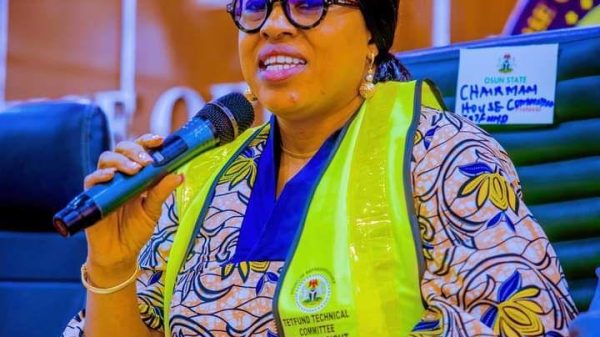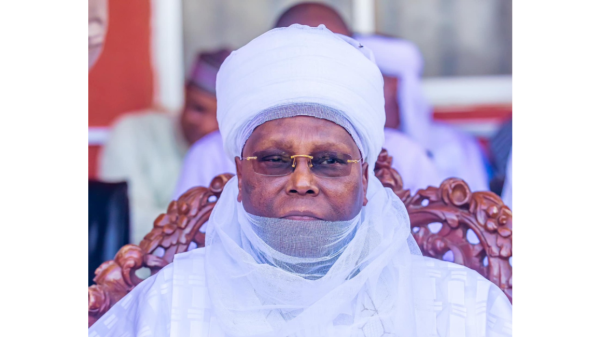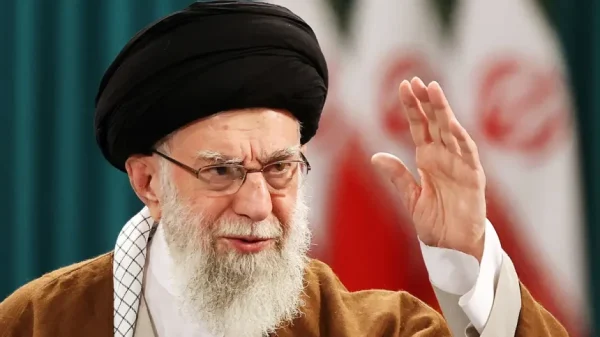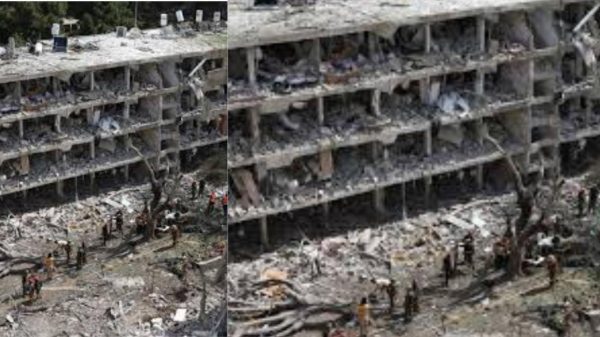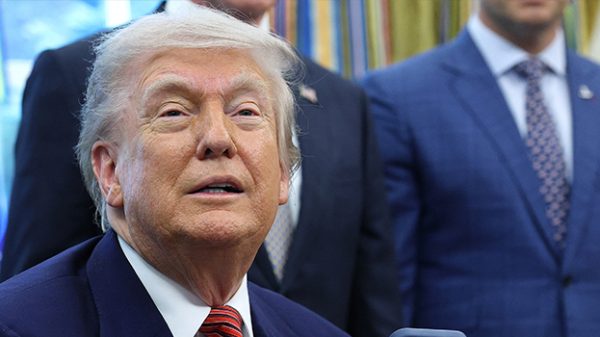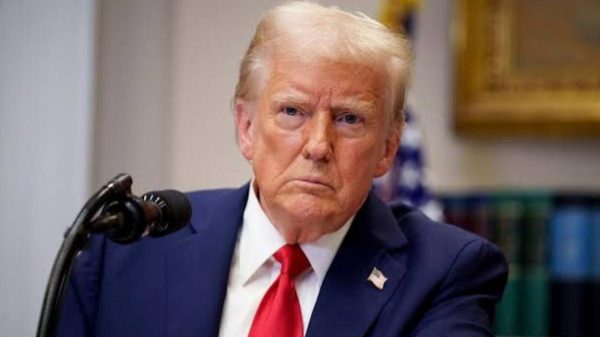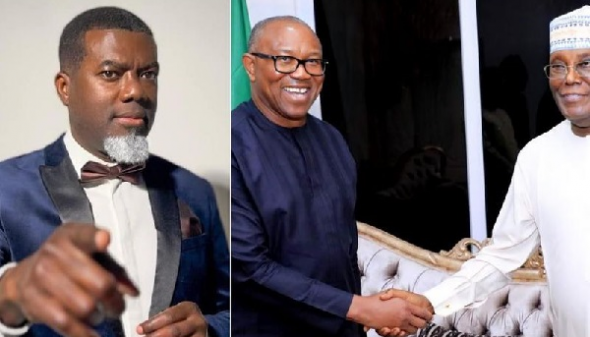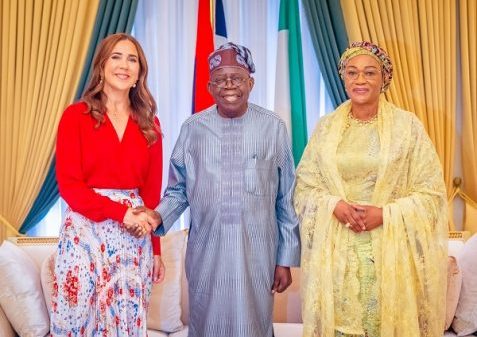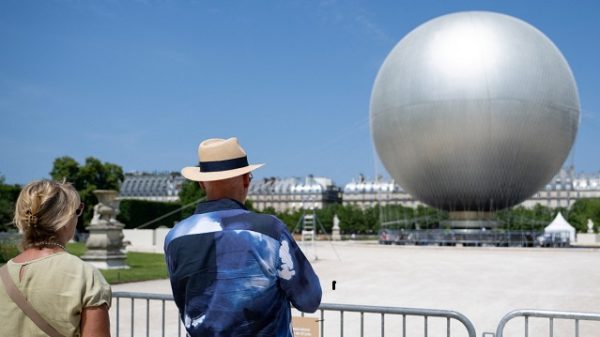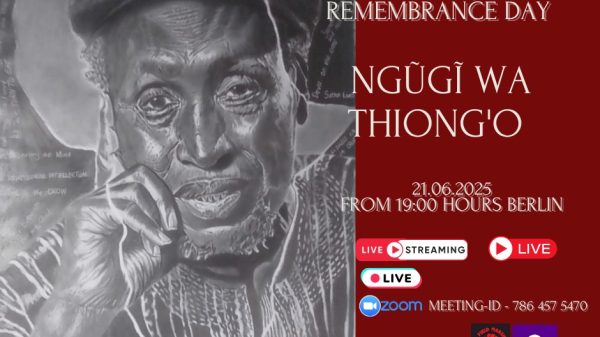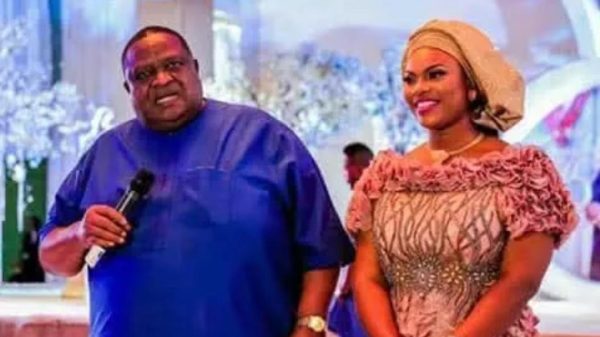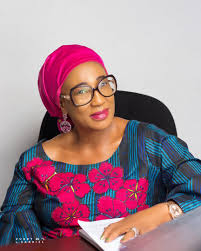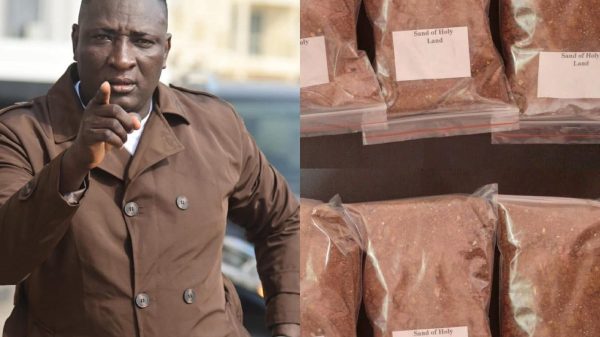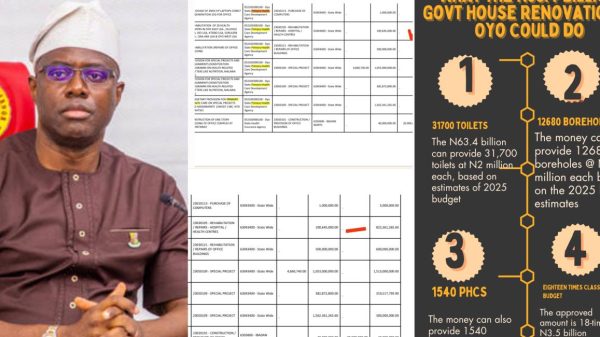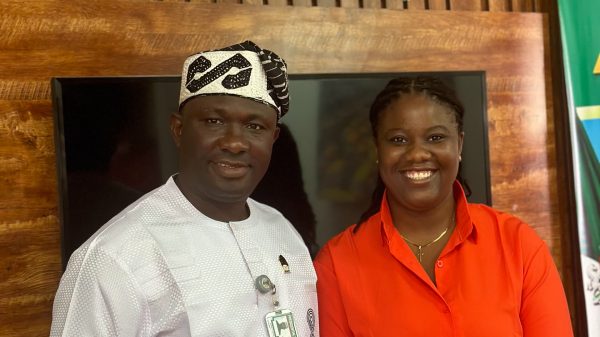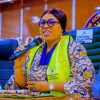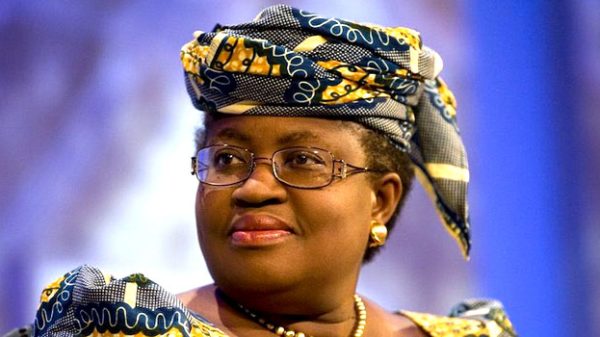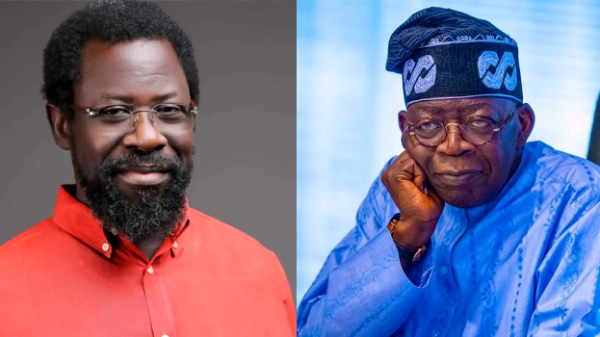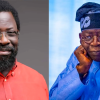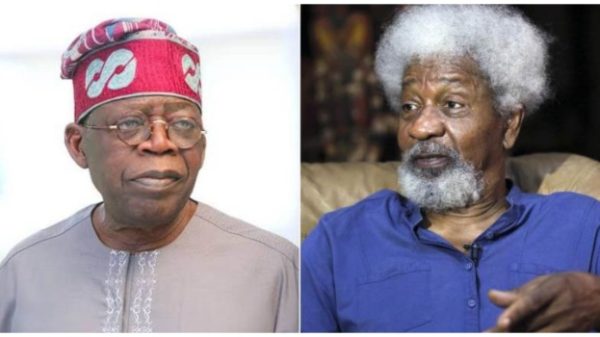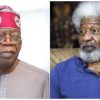Senator Ali Ndume has reiterated his opposition to President Bola Tinubu’s controversial tax reform bill, urging the National Assembly to halt its progress. Speaking during an interview with Channels TV, Ndume expressed concerns over the swift passage of the bill through its second reading in the Senate, describing the pace as suspicious.
The bill, which aims to introduce sweeping tax reforms, has faced widespread criticism since being presented by President Tinubu. Opposition has come from various quarters, including state governors and the National Economic Council (NEC), chaired by Vice President Kashim Shettima. The NEC recently recommended that the bill be withdrawn for further review. However, President Tinubu insists the bill underwent thorough scrutiny before reaching the legislature and should not be withdrawn.
Senator Ndume emphasized the need for broader consultations, saying, “It is not that I am totally saying we should throw away the baby with the bath water, but since the governors, the NEC, and many Nigerians have expressed concerns, the bill should be withdrawn, more consultations done, and then reintroduced. Why the rush? That is a big suspicion.”
Ndume also criticized the timing of the proposed reforms, highlighting the harsh economic conditions Nigerians are currently facing. “I disagree with the timing because Nigerians are struggling to survive,” he said. “It’s not that Nigerians don’t want to pay taxes; we’ve always paid taxes. But the timing is wrong. These reforms should come when people are living, not merely surviving.”
Northern state governors have also rejected the bill, particularly its proposed changes to the sharing formula for Value Added Tax (VAT). They argue that the reforms would disproportionately benefit certain regions at the expense of others, further fueling regional disparities.
Despite the mounting resistance, the bill continues to progress through the legislative process, with Tinubu’s administration defending its necessity for economic stability and growth. The coming weeks are likely to see intensified debate as stakeholders push for adjustments or the complete withdrawal of the reforms.
This development underscores the challenges of implementing fiscal policies amid economic hardship and political tensions in Nigeria.
